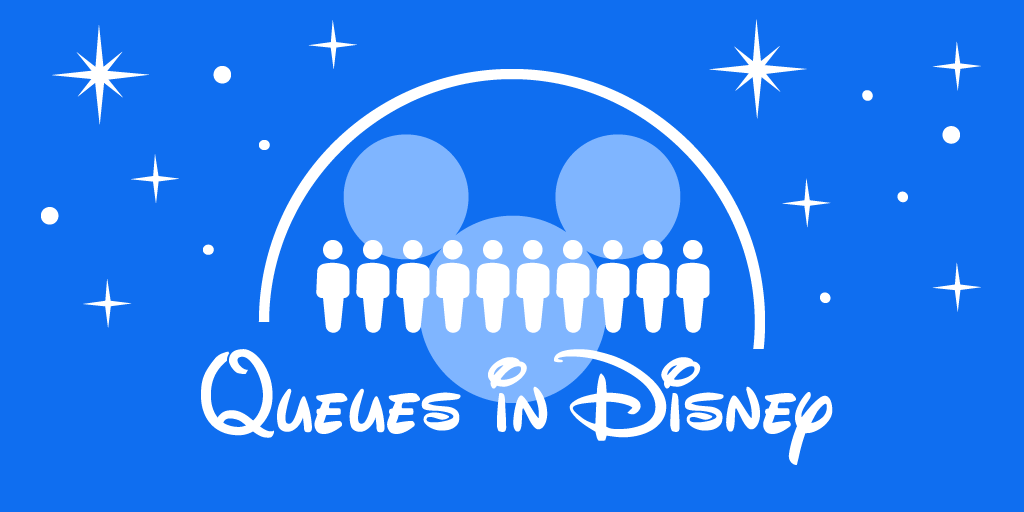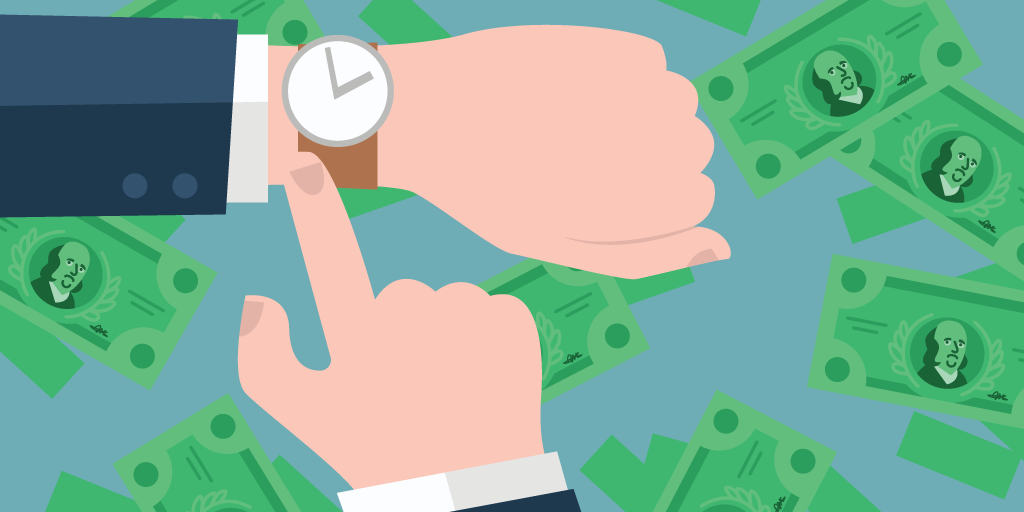Can a queue system improve customer experience? The answer may surprise you — it's a resounding “Yes!”
But nobody likes one-word answers. So, here we’re going to discuss all the myriad ways that queue systems, like Qminder, improve your customer experience strategy.
After all, it’s easy to nod our heads in agreement. But we're here to let you know exactly why we’re so confident.
Reducing Wait Times

Nobody likes waiting around, especially when they’re mentally calculating all the other tasks they have to check off that day.
The thing about waiting—and feeling bored—is that it’s more a matter of perception than reality.
MIT researcher Richard Larson. (also known as Dr. Queue) said:
“Often the psychology of queuing is more important than the statistics of the wait itself.”
It’s when customers are standing, or sitting, idle that they feel most bored—and useless. Afterall, waiting in ignorance makes people feel powerless. They want to be active, to keep moving.
Well, queue manage systems (QMS) gives customers back that power: how to reduce waiting times in queues.
Giving Customers Back Their Time
A great customer experience strategy goes out of its way to meet the needs of its customers, to enhance the customer’s experience in ways they may not have imagined.
Including, giving them the time they didn’t know they could have.
Rather than forcing customers to wait around, QMS tells customers, “Your time is your own. Do what you like while you wait”. Now that’s a good customer experience.
As customers wait for their name to be called, they can wander the store. It gives customers the opportunity to not only make impulse purchases but for your store’s culture to shine.
And a store that respects customer’s time is a store with an outstanding customer-centric culture. The kind of store that customers relate to their friends and family over a cup of coffee.
Word of mouth advertising takes care of itself when you have a great customer experience strategy.
A Fair Experience
Customers deserve to feel (and know) that they’re being given the same attention as anyone else.
In traditional queues, customers vie for position in line. They jump from one line to the next, or walk out the door when lines are too long. It’s an atmosphere of injustice.
But since queue management systems do away with lines altogether customers are served according to when they arrive and their needs.
A queue system imbues your business with an indelible sense of real fairness — a good customer experience.
Social fairness creates a harmonious queueing experience. It respects each individual customer’s needs and creates the space for the attention each one deserves.
Getting the Customers the Help They Need

When customers sign in with a queue management system they enter their name at a digital kiosk, typically located near the front entrance of the business or office.
Once the customer’s name is entered, employees are immediately alerted that the customer named Mary, Paul, Joseph, etc. is waiting to be served.
Thanks to a queue system, customers aren’t impersonal numbers with no name. QMS recognizes customers as individual, living human beings.
And data provided by a queue system enables businesses to match customers with the help they need.
Matching Customers With the Best Possible Service
What makes a great customer experience isn’t just predicting customer’s needs, but giving the best possible service. Perhaps an illustration will help.
Let’s imagine a doctor’s office that has a doctor for every single need a visitor could have—remember, we’re using our imagination.
Well, thanks to the office’s QMS systems, the front-end workers know exactly why each patient has arrived at their office.
For example, Mary Sue needs an ENT for a perpetual sinus infection, while Sean MacGyver can’t stop going to the bathroom and needs a Urologist.
QMS makes it simple to quickly match both Mary Sue and Sean with the doctors that best suit their purposes for visiting that day. Once doctors are free to take a new patient, the queue system pings, alerting the receptionist to send the next patient to them.
It’s a simple clean process. (And the healthcare industry needs an overhaul considering that the average wait time to see a doctor is 18.5 days.)
Giving Employees Resources
When businesses are organized through QMS they empower their employees with the information and resources that help them accomplish their tasks. That means employees can meet customer’s needs.
And employees in many businesses desperately need the tools provided by QMS.
Somewhere between 65 and 75% of organizations overwhelm their employees. They pile one too many tasks, fail to give employees information, and don’t give them the autonomy to make executive decisions.
This leads to an overall employee dissatisfaction, which inevitably translates to a poor customer experience.
Meanwhile, happy employees show 12% greater productivity. They strive to meet the task at hand, and when that happens they deliver the service that answers, “What makes a great customer experience” — which will keep customers coming back to your store.
Personal Experience

The old dichotomy of business and customer is out the window. Nowadays, customers want to shop at businesses that feel like they’re part of their community.
Community, that’s our buzzword for this section of a QMS based customer experience strategy. Community is a place where everybody knows your name. After all, our names are the most intimate thing we own and have the power over our emotional reactions.
And, as mentioned, with a queue system like Qminder employees know their customer’s names. But what a name really signifies is a personal, customizable business experience.
Customization
Personal experience is more than being on a first name basis with customers. The new trend customers look for is a personalized experience.
Personal experience is tailoring your business to the customer. Queue management systems help businesses match exactly what customers are looking for.
After all, a personal experience builds brand loyalty.
We can quickly imagine a salon where each customer wants a unique treatment. Thanks to the overflow of the information, they know exactly what they're looking for.
Queue systems not only let customers tell businesses what they’re looking for but remind businesses of what customers have sought for in the past. Over time, collected data builds a repertoire between client and customer.
And that repertoire translates into an understanding relationship — one tantamount to a great customer experience.
Aesthetic
Here’s one advantage you may not even consider when thinking about how QMS helps your business: It brings your business into the future.
QMS gives your business the visage of a modernized experience. It sets you apart by incorporating forefront technologies.
In a sense, it’s a kind of feng shui. One that creates an atmosphere of forward-thinking business. Launching you into the future and impressing customers by being on the cutting edge.
It creates a perception of know-how, of sophistication, of a level of care that’s rare: the point being, QMS makes you stick out against your competitors.
What have we learned? Well, we’ve come full circle: yes, queue systems can improve the customer experience, when those systems are used to their potential. Understanding them one paper is simple enough, but the power queue systems offer to businesses is best discovered in practice.
You can Try Qminder for free for 14 days, no credit card required. Give Qminder a try and discover how queue systems can improve your business's customer experience.






